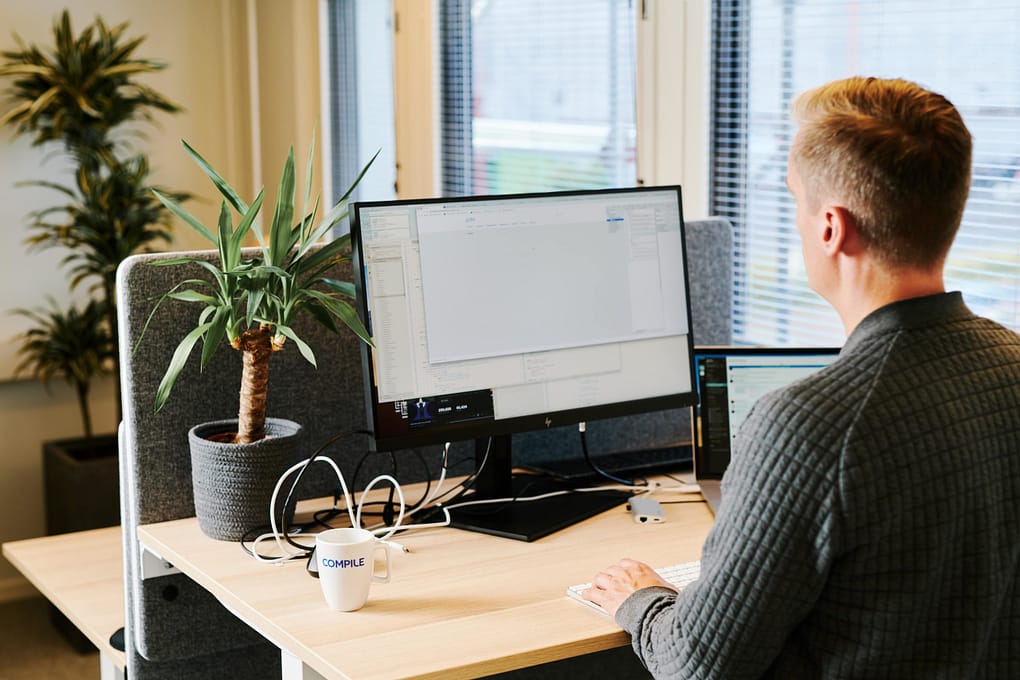As a follow-up to my previous article on skilled team members, I would like to highlight the continuous development of expertise as an important prerequisite for the success of IT projects. In this extremely rapidly changing environment, we must constantly be up-to-date and preferably ahead of time; what we know now will not be enough in a few years time. That is why we need to spent time on developing competence.
Of course, in order to know what should be developed, we should be aware of the competences of the staff and the requirements of customer projects. Following the conversation in the industry (as well as real people and hashtags) on Twitter, conferences and local meet-ups, for example, you can keep up-to-date with new stuff and recent trends. Meet-ups often offer good tips on separate problems as developers share their experiences and people can unite to find solutions.
With regard to developing the competence of coders, we often think about technological expertise, although there is much more to it than that. Identifying your own competence and motivation to challenge yourself are the cornerstones of professional growth. We, who work in the “back-office”, help our consultants in their development, to the best of our abilities, and ensure that they live up to their full potential. This is strongly linked to taking care of their well-being at work and not burdening them with unnecessary bureaucracy. This way they can focus on the essentials and thus give their best in customer projects. These things are vital for human sustainability.
One of our newest employees is an excellent example of how, in the long run, the time spent on developing yourself pays itself back many times over.
The guy in question realised early on that he couldn’t bring out his visions and views at a sufficient scale if he couldn’t get over his fear of public speaking. Oral presentations at school alone made his hands tremble and his heart pound, and caused sweat to pour down his forehead, but he nevertheless repeatedly put himself in situations where he had to speak in front of an audience. Expressing his own views in smaller meet-ups slowly boosted his confidence, and some years later, he found himself speaking at a conference in Paris to nearly 1,000 software professionals. Since then, speaking in front of the customer and introducing his ideas has seemed quite effortless. Of course, plenty of time was spent on putting visions into words, reading presentation-related literature, sparring and gathering courage – hundreds of hours spent developing a certain set of skills. But now, after building his credibility, he is able to realise his vision of developing the industry and changing the world.
Of course, not everyone has to aim this high – speaking at an international conference – but public speaking skills are surprisingly important for the developers as well. The customer must have the courage to present their own views, and the employer’s advocates are important for the branding of the company. Now this employee is helping others to understand the importance of public speaking skills and sparring the ones who want to learn this set of skills. Collective intellectual capital grows, and we are able to serve our customers even better.
The next blogs focus on two final topics, i.e. realistic pace and organisational support. Here are the links to the previous texts of the series: the importance of openness, a genuine desire to help the customer and a high level of competence..
